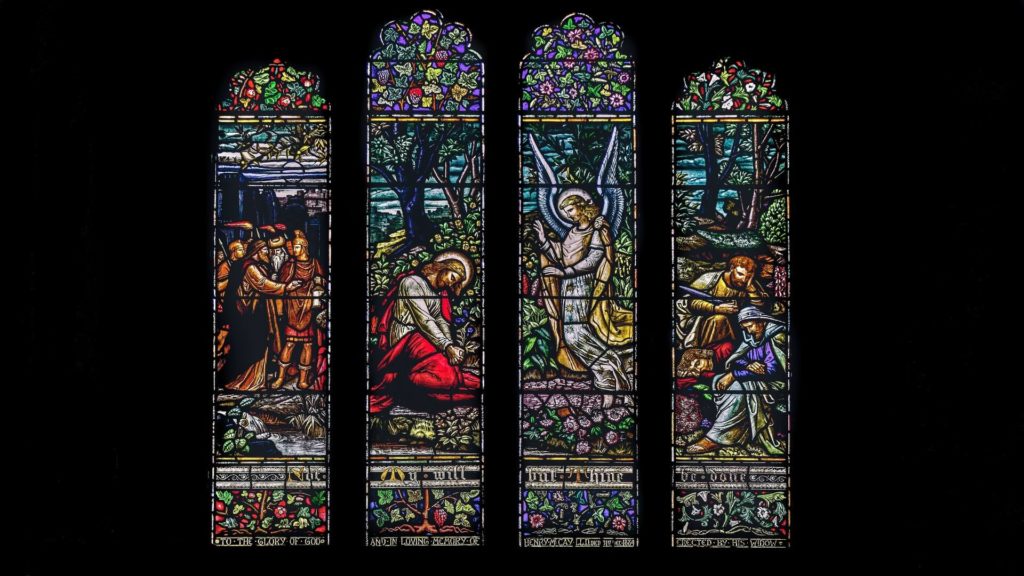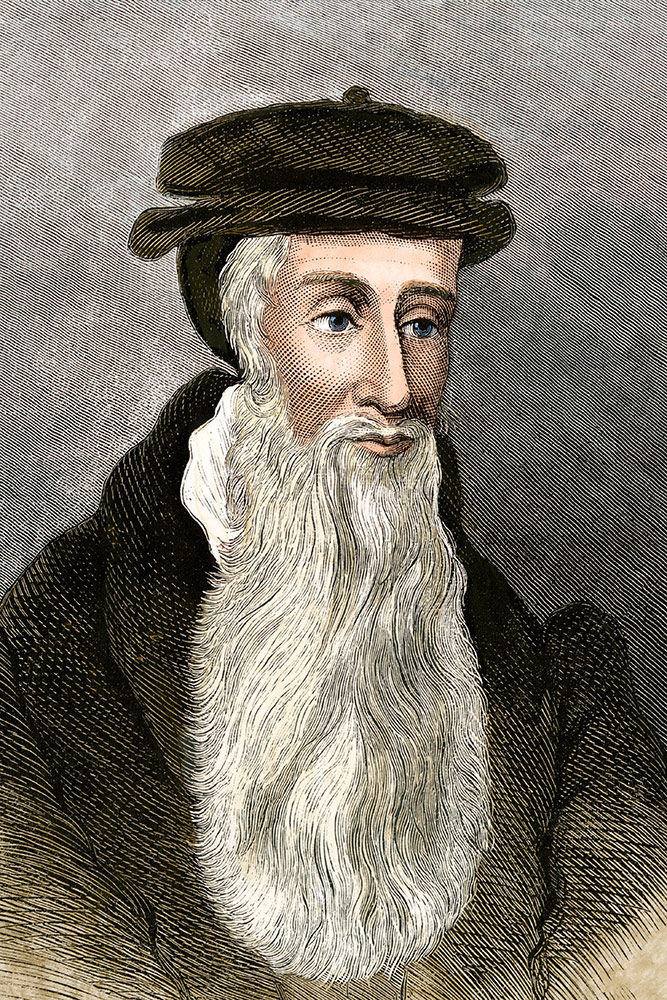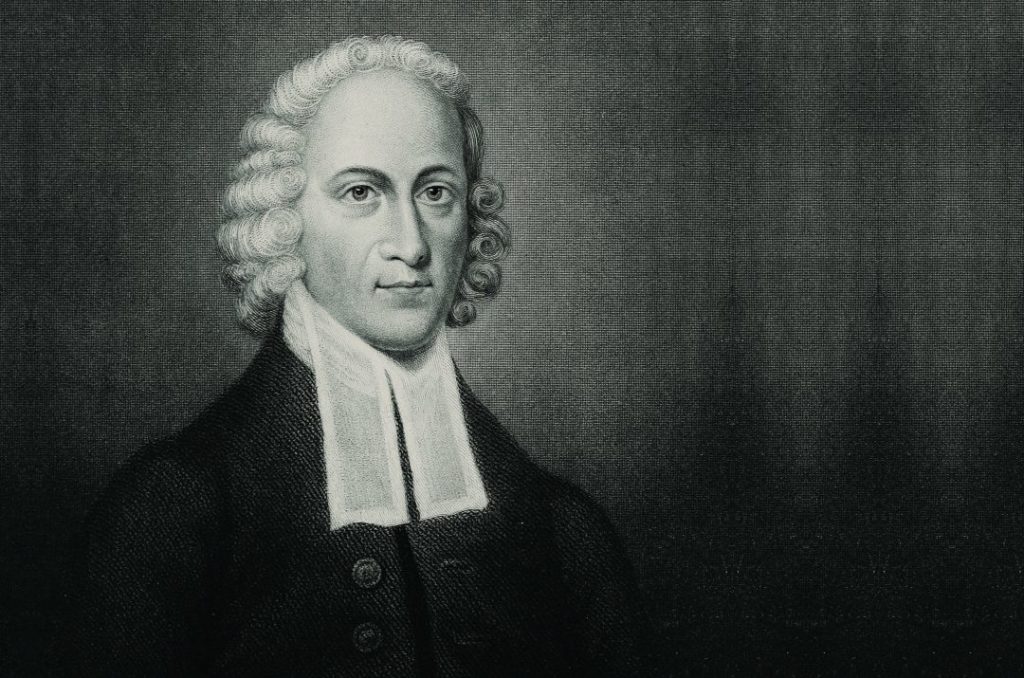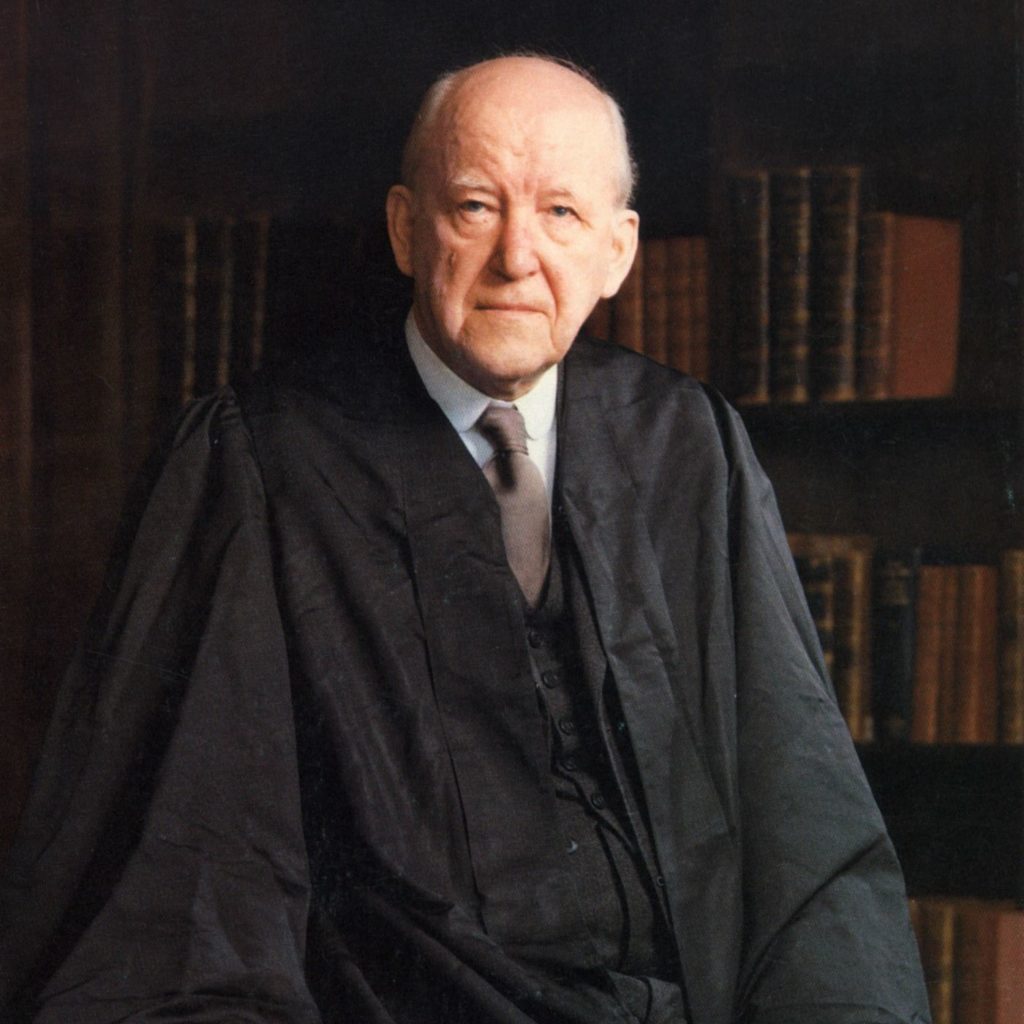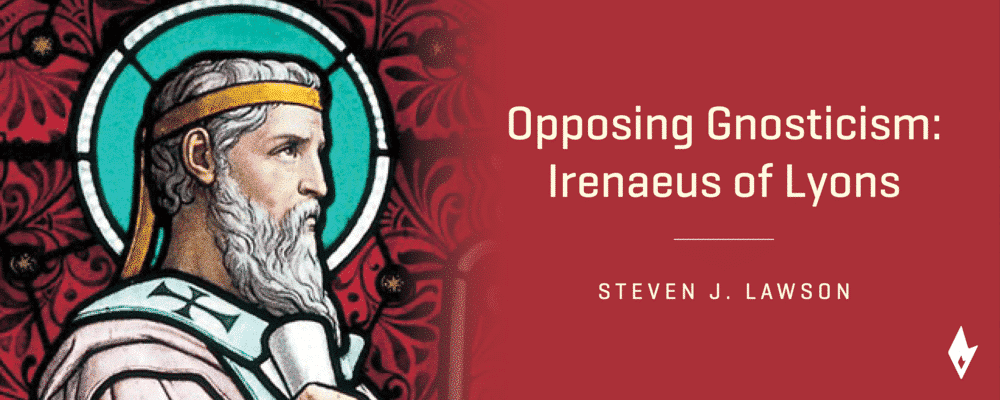
In every age, Christianity must battle with differing worldviews and religions––standing firm on the absolute truth of God’s word.
By the mid-second century, only two religions were growing in strength and stature—biblical Christianity and heretical Gnosticism, the greatest philosophical threat confronting the early church.
A Deadly Philosophy
Gnosticism’s name came from the Greek word gnosis, meaning “knowledge,” and it mixed elements of various religions and philosophies, from Platonism to Eastern mysticism to Zoroastrianism, with elements of Judaism and Christianity.
Gnosticism taught a sharp dualism, deeming the spiritual realm to be good, but matter to be evil. Salvation, according to the Gnostics, was escape from the body, which came through secret knowledge. Since the body was evil, it could be treated harshly or with extreme licentiousness, since what occurred in it was of little consequence.
The Gnostics rejected the humanity of Jesus Christ. Since God could have nothing to do with matter, they concluded that He could not have assumed a human body. They rejected Christ’s incarnation, denied His crucifixion, and claimed there was no bodily resurrection of Christ—for He had no body. Thus, Gnosticism attacked the very heart of the gospel.
Some Gnostics adopted a doctrine known as Docetism, which insisted that Christ only seemed to have had a body and to have died, but was merely spirit.
The Church Fathers decisively opposed the Gnostics through their writing and teaching. With zeal and determination, they sought to guard the one true way of salvation found in the fully human, yet fully divine, person of Jesus Christ and His finished work.
One of the foremost champions in the battle against Gnosticism was Irenaeus of Lyons.
Strong Doctrinal Roots
Irenaeus (ca. 130–200) was one of the most important Christian figures to minister in Western Europe in the second-century church. It has been said that no post-apostolic Christian writer before Augustine had as much bearing on modern controversies as Irenaeus.
Irenaeus was born in Asia Minor, raised in a Christian family, and became an early convert to Christianity. As a boy, he was strongly influenced by the teaching of Polycarp, who sat under the teaching of the apostle John. Irenaeus’s strong orthodoxy and deep convictions can be traced back to these formative years under Polycarp’s teaching.
Sent to Western Europe
By the middle of the second century, Christianity was spreading in the western regions of the Roman Empire, as far west as the Rhone River in Gaul, southern France.
An evangelist named Pothinus became the pastor in Lyons, and Irenaeus was sent to join the vibrant work there, where he became a presbyter and helped shepherd the flock.
After Irenaeus’s arrival in Lyons, severe persecution and martyrdom broke out against the church in AD 177.
As the persecutions intensified, the Galician believers sent Irenaeus to the church at Rome with letters describing the extraordinary heroism of the believers who were suffering in Lyons. The correspondence warned against an even greater danger—the spreading heresy of Gnosticism—and appealed for help.
Into the Fight
While Irenaeus was still in Rome, Pothinus was martyred in Lyons. When Irenaeus returned quickly to Gaul to tend to the flock, he was immediately thrust into the primary leadership role of bishop of Lyons.
As an overseer, Irenaeus faithfully preached the Word, evangelized, and defended his congregation against encroaching heresy. Irenaeus became a strong preacher who “connected almost the whole population of Lyons.”
Little is known about the end of Irenaeus’s life. Some think that he died a natural death, while others believe that he was martyred. He was buried near the pulpit of his church in Lyons, symbolizing his deep love for God’s Word.
Notable Works
With the danger of Gnosticism escalating, Irenaeus could not sit idly by. Taking pen in hand, he wrote several books to refute this heresy, which had crept in “like locusts, to devour the harvests of the Gospel.”
Irenaeus’s most notable work was commonly called Against Heresies (ca. 180), and it was intended to refute Gnosticism from Scripture and logic.
Irenaeus’s Theology
Irenaeus is revered by many as the first great systematic theologian of the Christian church and he maintained the truth of God’s divine predetermination. He writes, “This is the Father of our Lord, by whose providence all things consist, and all are administered by His command…”
Divine Providence
Irenaeus believed that God’s creation and providence are inextricably linked with His omniscience. He states: “Not one of the things which have been, or are, or shall be made, escapes the knowledge of God, but . . . through His providence every one of them has obtained its nature, and rank, and number, and special quantity, and . . . nothing whatever either has been or is produced in vain or accidentally, but with exceeding suitability [to the purpose intended], and in the exercise of transcendent knowledge.” The all-knowing wisdom of God, according to Irenaeus, strategically governs every class and category of creation.
Irresistible Call
Irenaeus understood that a spiritually dead sinner must be raised and drawn by grace to believe on Christ. He writes: “For the Lord taught us that no man is capable of knowing God, unless he be taught of God; that is, that God cannot be known without God.”
Furthermore, Irenaeus stated that those who are spiritually dead are made to live and bear fruit by the miracle of regeneration. He writes:
For as a compacted lump of dough cannot be formed of dry wheat without fluid matter, nor can a loaf possess unity, so, in like manner, neither could we, being many, be made one in Christ Jesus without the water from heaven. And as dry earth does not bring forth unless it receive moisture, in like manner we also, being originally a dry tree, could never have brought forth fruit unto life without the voluntary rain from above. For our bodies have received unity among themselves by means of that laver which leads to incorruption; but our souls, by means of the Spirit.
By this statement, Irenaeus affirmed that the spiritual fruit of eternal life comes only from above, that is, from God.
Divine Reprobation
Irenaeus not only held to the truth of sovereign election, he affirmed the corresponding teaching—the doctrine of divine reprobation. He did not shy away from the hard truth that when God elected some individuals to eternal life, He passed over others, leaving them in their sin to face His just judgment. He states: “God, knowing the number of those who will not believe . . . has given them over to unbelief, and turned away His face from men of this stamp, leaving them in the darkness which they have chosen for themselves.” Irenaeus demonstrates, in an early form, a belief in the doctrine of reprobation.
A Weak Position on Depravity
Irenaeus acknowledged that Adam’s sin brought about the devastation of the entire human race. He writes, “Man . . . shall be justly condemned, because, having been created a rational being, he lost the true rationality, and living irrationally, opposed the righteousness of God, giving himself over to every earthly spirit, and serving all lusts.”
However, like other Apologist Fathers, Irenaeus often seemingly contradicted himself by speaking of man’s free will. He wrote of fallen man possessing a power to choose whether to obey or disobey God and expressed confidence in human ability and moral freedom. He maintained that “it is in man’s power to disobey God and to forfeit what is good.”
This inconsistency may have stemmed partly from embattling Gnostic attacks. Gnosticism inaccurately “asserted that the Christian faith denied moral responsibility.” To counter this idea, the Apologists stressed man’s obligation, at the unfortunate weakening of their position concerning man’s depravity. However, God still used them mightily to fight for the truth in a crucial time of church history.
In Defense of the Gospel
Irenaeus lived in a critical hour of church history and, by God’s grace, proved to be equal to the challenges of his age. When the winds of error were howling and threatening the life of the church, this bishop of Lyons stood for the purity of the true gospel.
Where do you see the truth of God’s Word under similar attack today? Numerous cults deny the deity of Christ. False religions undermine His substitutionary death. Erroneous teachings distort the core of the gospel message.
If you are possessed by a holy zeal for God’s honor, as Irenaeus was, you will be stirred to guard the truth of Scripture. Such fiery passion is enflamed by a firm commitment to the doctrines of grace.
Will you build your life on the sovereign grace of God? Will you stand strong for the gospel, to defend biblical truths and fortify the church from heretical attacks? May God strengthen you to defend the truth of His gospel until He returns.
Adapted from Pillars of Grace by Dr. Steven Lawson (Reformation Trust, 2016). Read more by purchasing Pillars of Grace here.
Follow Dr. Lawson’s travel, ministry, and teaching on Facebook, Instagram, and Twitter.


